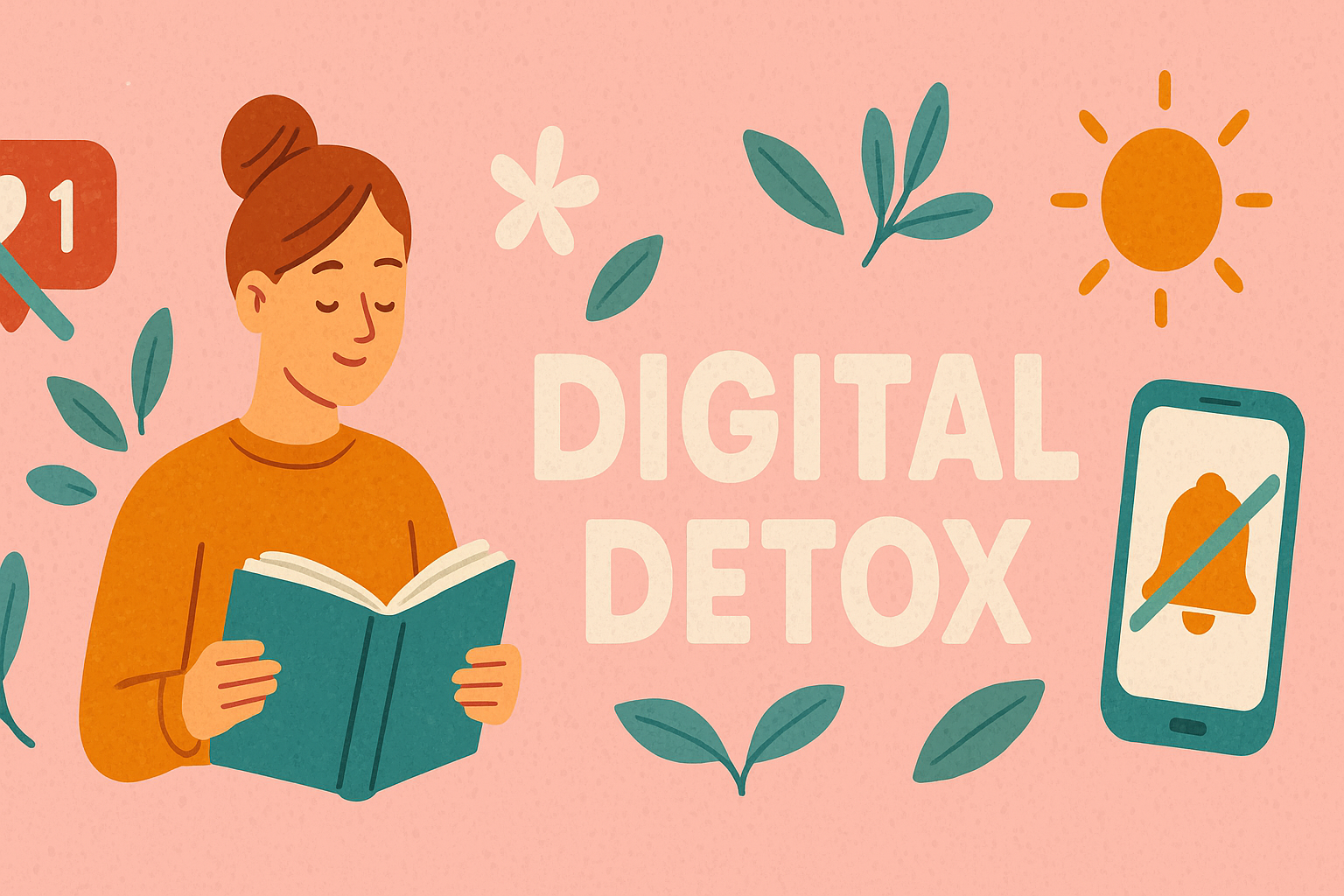Social Media Was Draining Me
3 min readAddiction is bad
A few months ago, I had a quiet but unsettling realisation—I was addicted to social media. Not just the usual “I scroll too much” kind of addiction, but the kind that was starting to reshape how my brain worked. If you’ve ever caught yourself doom-scrolling through endless reels or tweets, you’ll probably relate.

It started with a few red flags:
-
I couldn’t focus for more than a few minutes—not hours, minutes.
-
I’d lose track of conversations mid-way or forget what I was reading halfway through.
-
Names, words, even basic ideas began slipping from memory.
-
I struggled to finish sentences.
-
Long conversations began to feel like a chore. I was impatient, constantly reaching for my phone.
That was my wake-up call. Something had to change.
The Rule That Saved Me
I knew quitting cold turkey wouldn’t work. The pull was too strong. So, I set a simple rule for myself:
Whenever I felt the urge to reach for my phone, I picked up a book instead.
That one change rewired everything.
Slowly, I found myself reading more. My attention span grew. I started to think more clearly, speak more coherently, and—best of all—I could focus for hours without itching to check my phone. Conversations became richer. I stopped forgetting words and names. I began to enjoy the stillness again.
And here’s what surprised me the most: I wasn’t missing out. I actually had more time—time that I was once feeding to a black hole of reels and tweets.
“Doesn’t that sound boring?”
Maybe you’re thinking, “Wow, that sounds dull.” But here’s the thing—I haven’t gone full monk. I still watch content to relax, but now I choose long-form: YouTube documentaries, Netflix series, podcasts. I prefer actual conversations with people over comment sections filled with e-drama.
The Science Behind It
I’m not alone in noticing these effects. Research backs it up:
- The neuroscience of Instagram explains how social media taps into the brain’s reward system—constantly chasing that next hit of dopamine.
- The Effect of Reels on Attention among Young and Middle-Aged Adults - IJIP
- Using X (formerly Twitter) has a negative impact on well-being: Study
- The impact of the digital revolution on human brain and behavior: where do we stand?
What I Do Differently Now
Here are some habits I’ve built to stay in control:
1 . No social media apps on my phone. I still have YouTube, but no Shorts—and I hit “show less often” on anything resembling them.
2 . Autoplay is turned off everywhere.
3 . I only use social media on my laptop. Every login is intentional.
4 . I take regular breaks—no posting, no scrolling—for days or weeks at a time.
5 . I remind myself: don’t let your brain become a slave to algorithms.
6 . Whatsapp's notification is off always
7 . During work hours my phone is on DND mode.
This break wasn’t about cutting off from the world. It was about reconnecting—with myself, with people, with meaningful content. If you’ve been feeling foggy, forgetful, or impatient, maybe it’s time for your own little reset.
What’s the worst that could happen? You might just remember what peace feels like.
currently, I am on 1 month break from X. As well as, I am not intentionally posting, or engaging over Instagram.
